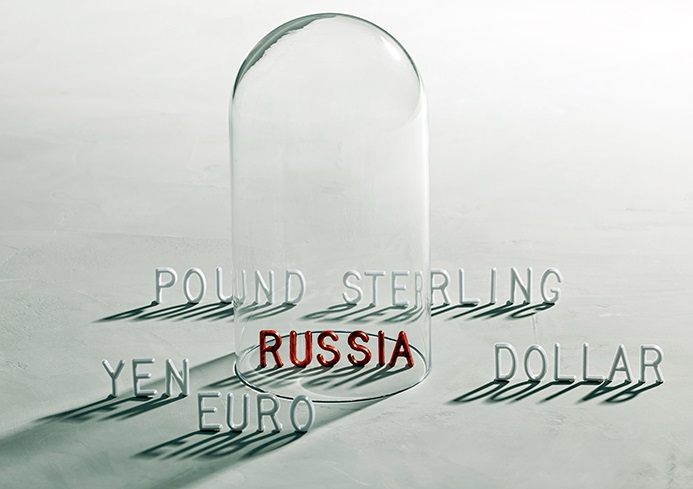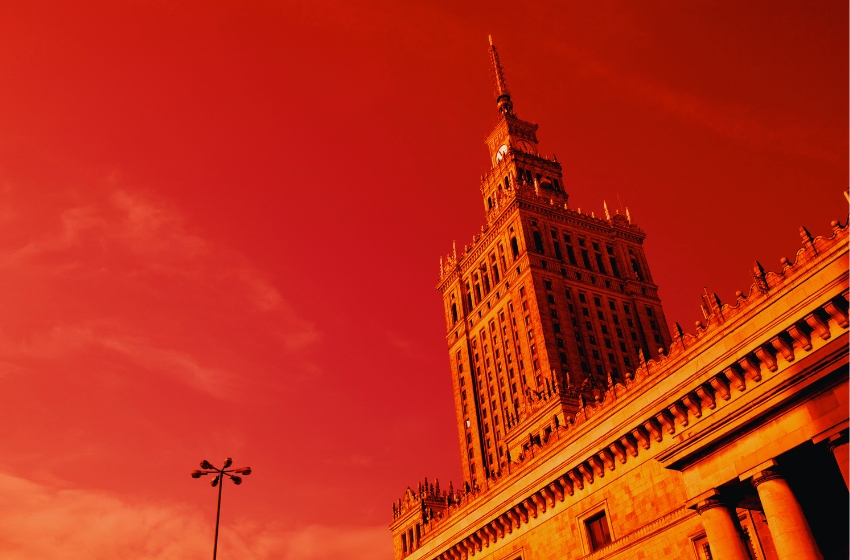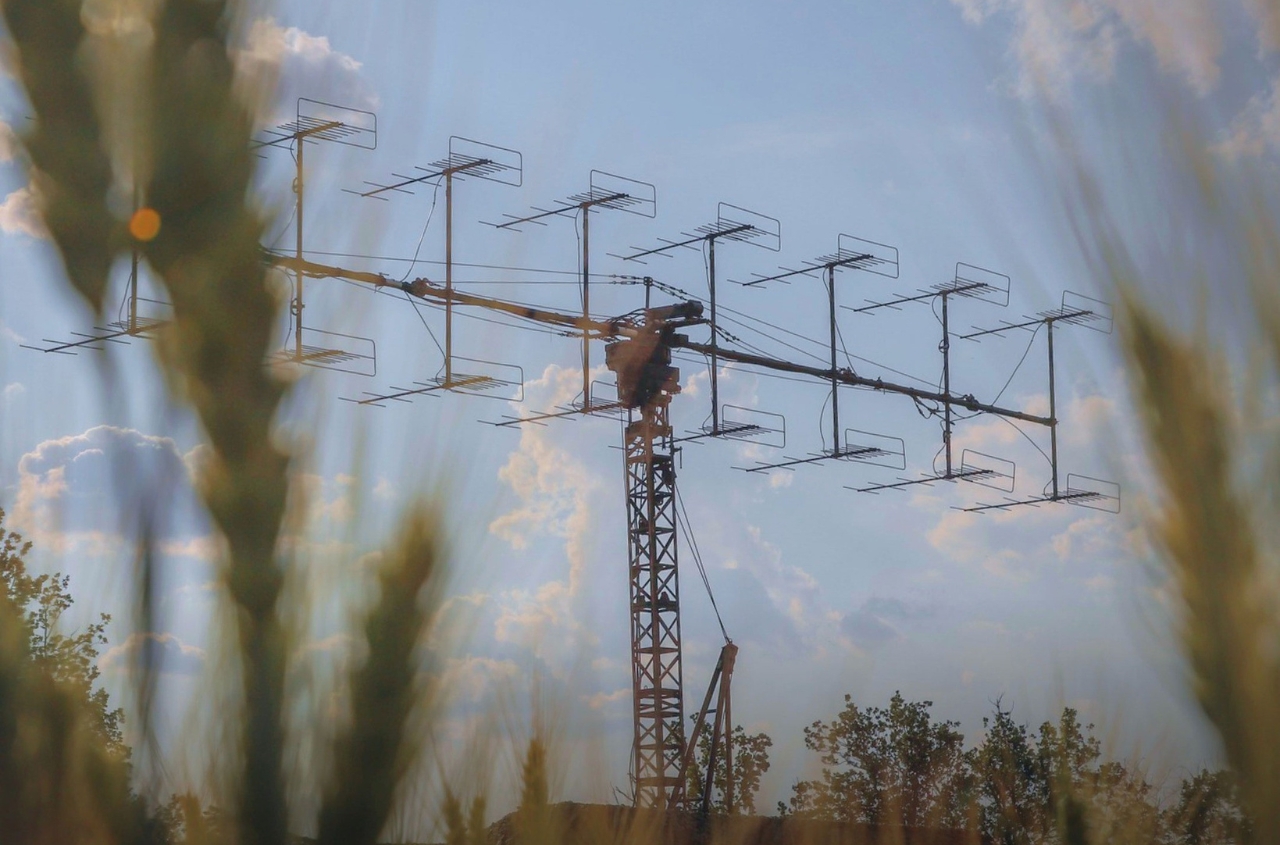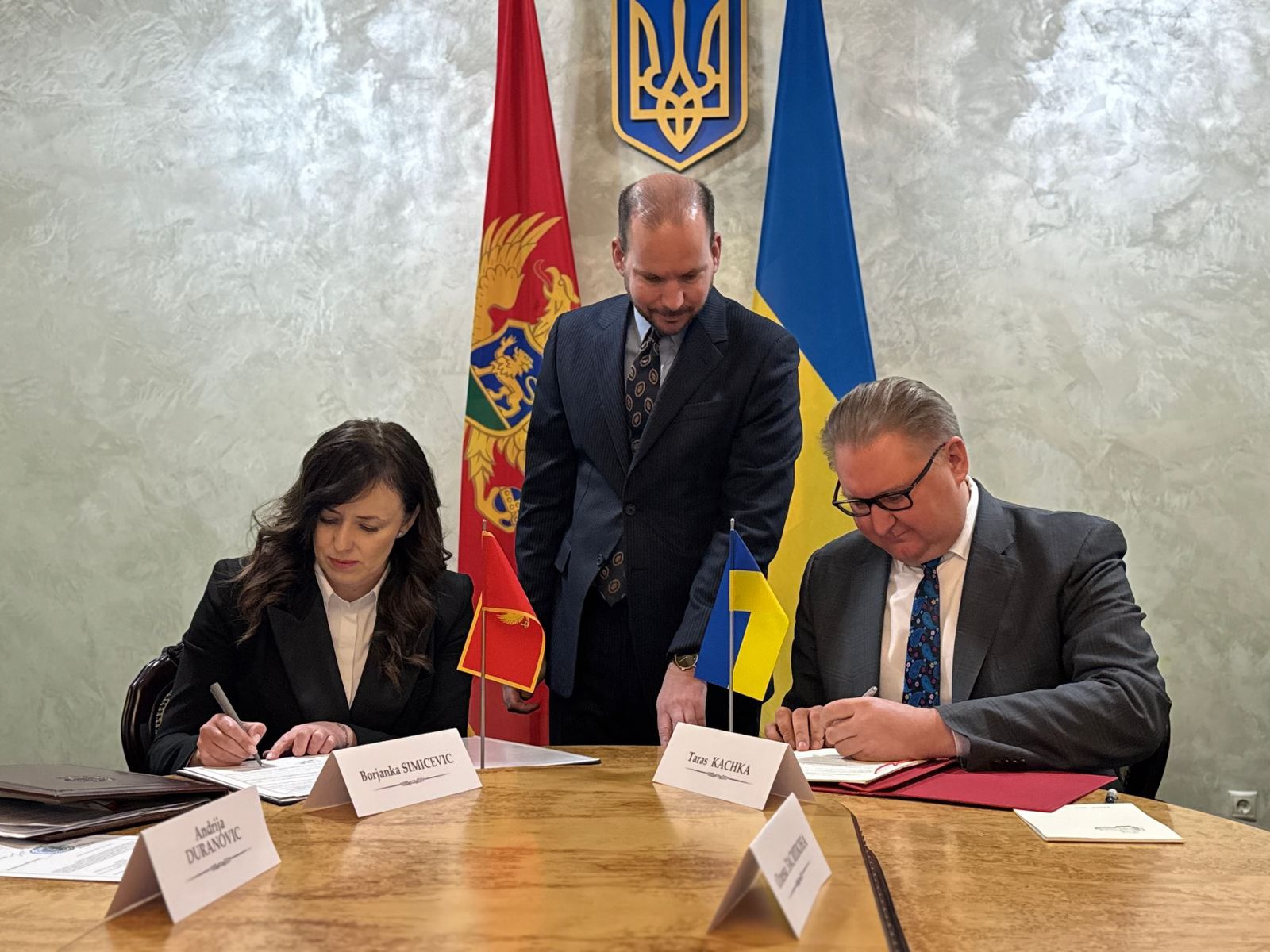The chairman of the U.S. Senate Finance Committee, Ron Wyden, demands that the U.S. Treasury strengthen oversight of compliance with anti-Russian sanctions.
Poland has extradited to the United States the former head of the Russian crypto exchange Wex, Dmitry Vasilyev, who was detained in 2024. He faces up to 25 years in prison for fraud and money laundering.
Russian scientists are increasingly suspected of spying for China on Russian developments in drone manufacturing as well as defense systems against Western weapons. Potential sources of leaks include Russian scientists, government officials, and defense industry representatives. The Russian FSB even created a counterintelligence program codenamed “Entente-4” targeting China. From 1997 to 2019, at least 14 people were convicted in Russia for spying for China. These cases involved the transfer of data on intercontinental missiles, space probes, or spacecraft defense systems.
The Azerbaijani Ministry of Culture has canceled all cultural events involving Russian state and private entities in response to the detention of Azerbaijanis in Yekaterinburg, which resulted in two deaths.
After losing the European market and failing to conclude a new contract with China, Gazprom has accumulated tens of billions of cubic meters of surplus gas and is now suffering losses due to an inability to sell it. Last year, Gazprom's production was 416.19 billion cubic meters, of which only 355.23 billion were sold on external and domestic markets. As a result, Gazprom was left with about 60 billion cubic meters of unsold gas. The situation in the northern regions, where Gazprom's fields are located, is close to critical. Exports to Europe, which once peaked at 200 billion cubic meters per year, now barely exceed 30 billion cubic meters and have been at historic lows since the late 1970s. This year, exports may fall further due to the cessation of transit through Ukraine. The Power of Siberia pipeline, even at full capacity (38 billion cubic meters), compensates for only one-fifth of lost volumes. Years of negotiations with China on a new gas contract have yielded no result; subsequently, the project for a gas hub in Turkey also failed.
Average costs for finishing materials across Russia rose by 12.8% year-on-year in 2024, reaching 10,000 rubles per square meter. In Saint Petersburg, the increase was 11.1%, to 10,300 rubles per square meter; in Moscow, 14.8%, to 9,700 rubles per square meter. Additionally, there is a shortage of qualified finishing crews on the Russian market.
In May 2025, the number of apartments and units with final finishing in new buildings in Moscow nearly halved year-on-year, down to 8,700 units, which is 80% less than the previous year. As a result, the share of lots with final finishing in the total offer decreased by 18 percentage points year-on-year, down to 21%.
Russia will allow hunting of animals listed in the Red Book: the Russian Ministry of Natural Resources plans to keep only one population of saigas — the Northwest Caspian — in Russia’s Red Book. Protection of other saiga populations should be the responsibility of the countries where these animals mainly live; for the Volga-Ural and Betpak-Dala populations, this responsibility lies with Kazakhstan, Russian “conservationists” stated.
Kremlin propagandists are outraged that Russian military personnel who crawled through a gas pipeline in Sudzha and developed serious illnesses, including some with lung cancer, were denied awards and compensation by the Russian authorities. Meanwhile, a controversial priest from Minsk called on Belarusian nuns to take example from Russian soldiers who passed through the gas pipeline in order to “win the war against the devil.”
Russian tourists in Egypt complained about mass phone blocking; some remain without connection and internet, while others pay 10,000–20,000 rubles for devices. This year, the Egyptian government adopted a new law requiring new phones to be disconnected from local cellular networks within 90 days if they are not officially registered. Tourists can avoid losing access to communication if they pay a tax amounting to 38% of the phone’s cost.
According to results for January–April 2025, 20% of all organizations in Belarus were operating at a loss. For the same period in 2024, their share was 15.7% (+4.3 percentage points). In the first third of 2025, the highest share of loss-making organizations was in Minsk and the Minsk region — increasing by 6.5 p.p. (from 20.1% to 26.6%) and by 2.1 p.p. (from 17.7% to 19.8%), respectively. Next were Brest region — up by 5.6 p.p. (from 12.5% to 18.1%), Mogilev — up by 1.6 p.p. (from 15.9% to 17.5%), Gomel — up by 4.8 p.p. (from 10.7% to 15.5%), and Vitebsk — up by 3.4 p.p. (from 11.8% to 15.2%).
Belarus added 33 more people to the list of individuals involved in “extremist activities.” All those added on June 27 were convicted under articles the authorities use for political persecution.
By the unified voting day in 2029, “Belaya Rus” is expected to become the “leading political force” in the country “both in number and in essence,” and by the “presidential campaign of 2030” to become the political support for the national leader, said Olga Chemodanova, the new head of the party created to support Lukashenko. During his address to the people and parliament on March 31, 2023, Lukashenko himself stated that Belarus would have no “party of power.”
There are 6,400 teenagers in specialized children’s military-patriotic clubs under the Ministry of Internal Affairs of Belarus; the country has a total of 206 such clubs. Lukashenko’s authorities intensively engage in “patriotic education,” which involves expressing loyalty to the regime and to Lukashenko personally. The authorities also actively hinder youth from entering foreign educational institutions.




















